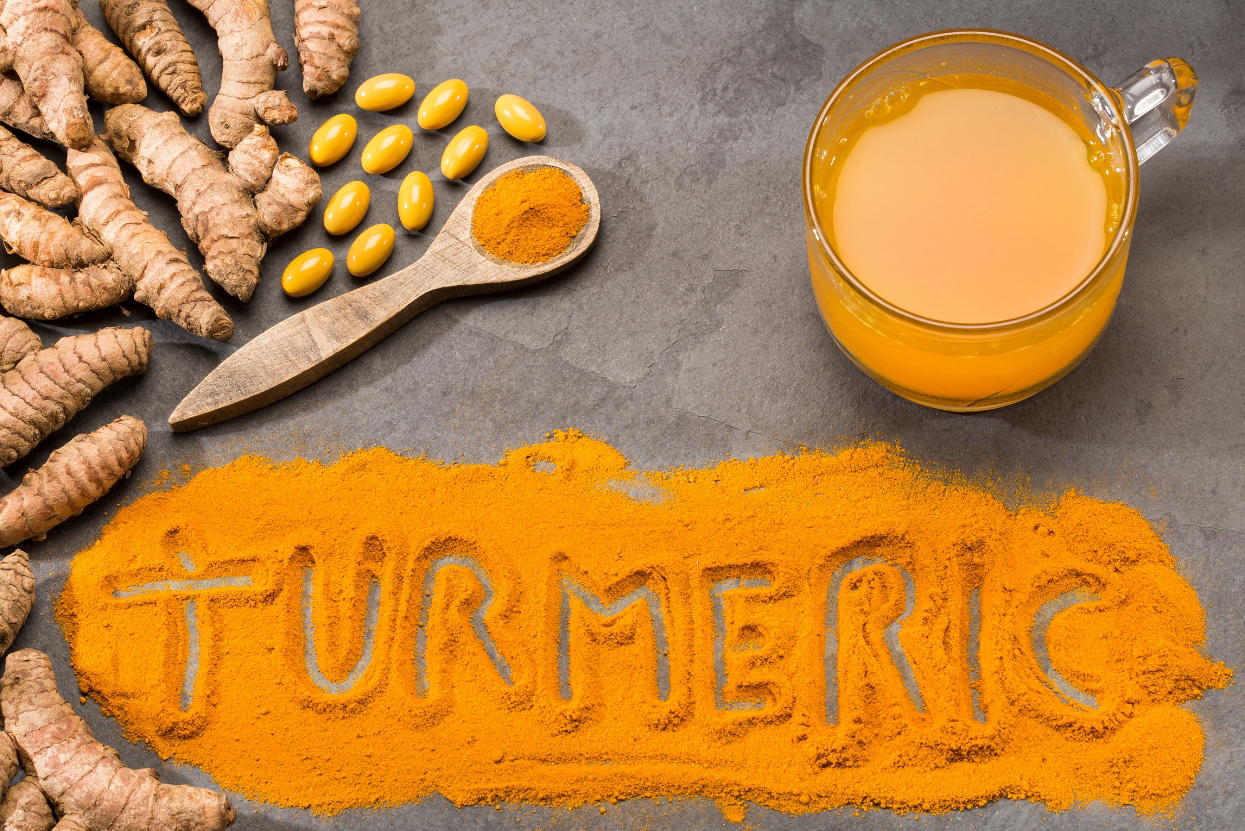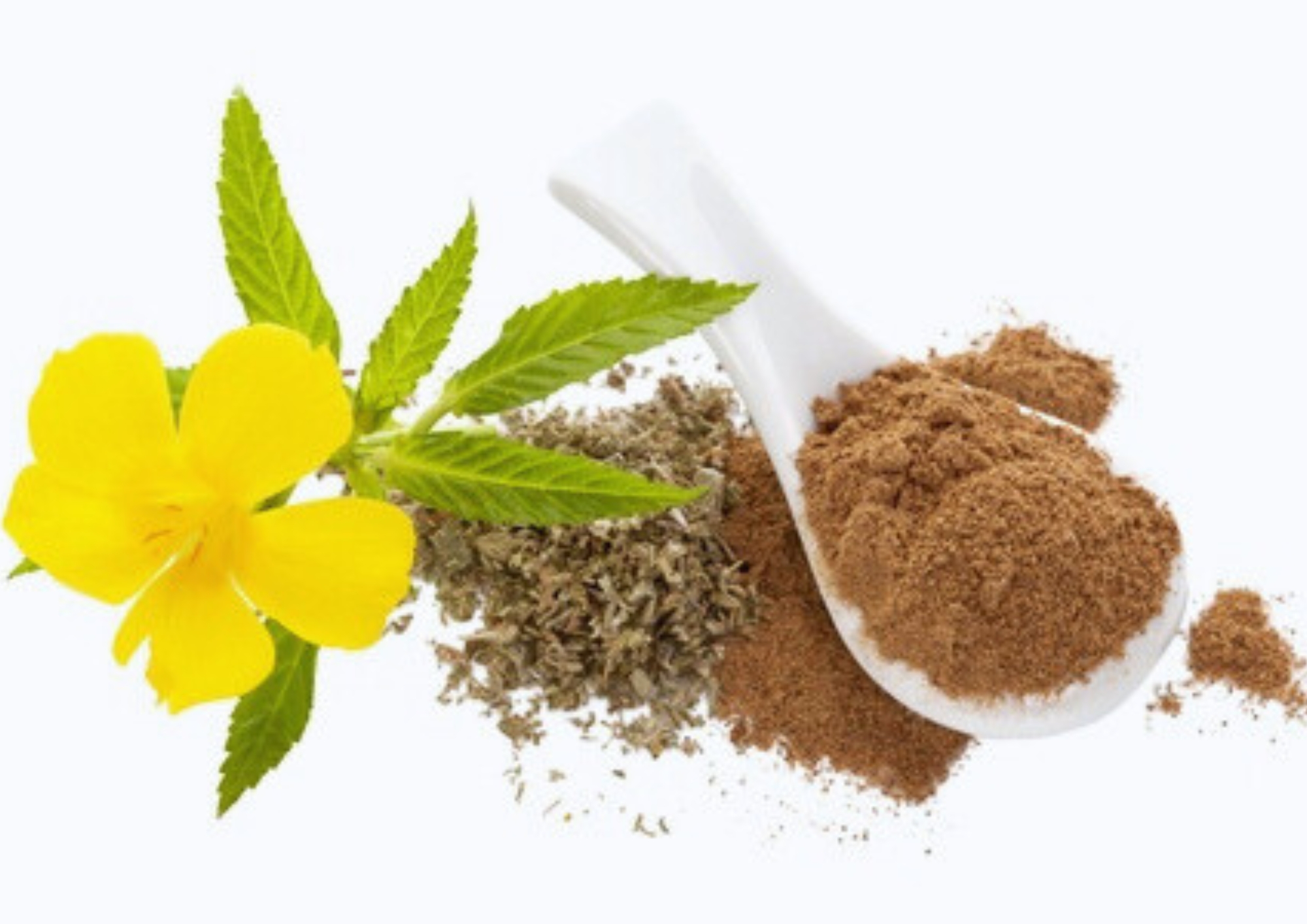Turmeric: A Treasure Trove of Wellness
Turmeric (Curcuma longa) is more than just a vibrant yellow spice; it’s a cornerstone of traditional medicine and a superfood with remarkable health benefits. Packed with
curcumin, a powerful compound known for its anti-inflammatory and antioxidant properties, turmeric is a versatile remedy for supporting overall health. Originating in
Southeast Asia, turmeric remains a staple in both culinary traditions and wellness regimens worldwide.
Top Health Benefits of Turmeric
1. Anti-Inflammatory Power
Turmeric’s curcumin is renowned for its potent
anti-inflammatory effects, making it an effective natural remedy for chronic inflammation-related conditions like arthritis.
- Joint Health: Regular consumption can reduce joint pain and swelling.
- Mobility Support: Helps improve flexibility and overall quality of life for individuals with arthritis or other inflammatory disorders.
Related research:Curcumin's Anti-Inflammatory Effects
2. Antioxidant Protection
Curcumin acts as a
potent antioxidant, neutralizing free radicals that can damage cells and accelerate aging.
- Cellular Defense: Protects against oxidative stress, reducing the risk of chronic diseases.
- Disease Prevention: Helps mitigate risks for conditions such as cancer, cardiovascular diseases, and neurodegenerative disorders.
3. Digestive Health
Turmeric aids in improving digestive health by promoting bile production, which supports fat digestion.
- Bloating Relief: Reduces discomfort from bloating and gas.
- Gut Health: Soothes the stomach and improves nutrient absorption.
4. Brain Health
Turmeric boosts levels of
brain-derived neurotrophic factor (BDNF), a protein essential for brain health.
- Cognitive Function: Enhances memory and focus.
- Neuroprotection: Lowers the risk of neurodegenerative diseases such as Alzheimer’s.
Explore more:Curcumin and Brain Health - Cellular and Molecular Life Sciences
5. Heart Health
Curcumin supports cardiovascular health by improving
endothelial function, which regulates blood vessel health.
- Improved Circulation: Enhances blood flow and reduces blood pressure.
- Disease Prevention: Lowers the risk of heart disease by reducing inflammation and oxidative damage.
6. Potential Cancer Reduction
Studies indicate curcumin may inhibit the growth of cancer cells and reduce their spread.
- Preventive Role: Acts as an adjunctive therapy to conventional cancer treatments.
- Protective Measures: Encourages apoptosis (programmed cell death) in harmful cells.
7. Skin Health
Turmeric’s antimicrobial and anti-inflammatory properties make it a go-to remedy for skin conditions.
- Acne Relief: Reduces redness and inflammation.
- Eczema and Psoriasis Treatment: Soothes irritated skin and promotes healing.
How Turmeric Benefits Men and Women
For Men:
- Supports joint health and muscle recovery, ideal for physically active individuals.
- Promotes cardiovascular health and reduces inflammation.
For Women:
- Balances hormones and alleviates menstrual discomfort.
- Enhances skin health, offering relief from conditions like acne.
Precautions to Keep in Mind
- Allergies: Some individuals may experience skin irritation or allergic reactions.
- Blood Thinners: Avoid excessive turmeric if you are on anticoagulant medications.
- Gallbladder Issues: Consult your doctor if you have gallstones or bile duct obstructions.
- Pregnancy and Breastfeeding: Use with caution and seek medical advice.
- Gastrointestinal Discomfort: High doses may cause nausea or diarrhea.
Where Turmeric Grows
Turmeric thrives in
warm, humid climates and is primarily cultivated in
India, which accounts for 80% of global production. Other significant producers include:
- Indonesia
- Bangladesh
- China
- Sri Lanka
How to Use Turmeric
1. Turmeric Tea
A warming drink that combines turmeric with water or milk. Adding black pepper enhances
curcumin absorption.
2. Turmeric Oil
Applied topically to reduce inflammation and improve skin conditions.
3. Turmeric Supplements
Capsules and powders provide concentrated doses of curcumin for targeted benefits.
Conclusion
Turmeric’s incredible versatility and wide-ranging benefits make it an essential addition to any health-conscious routine. Whether you’re aiming to reduce inflammation, improve heart health, or enhance brain function, turmeric offers natural, effective support. Always consult a healthcare provider before making significant dietary changes or starting supplements, especially if you have underlying health conditions.
References
- Aggarwal, B. B., & Harikumar, K. B. (2009). Potential Therapeutic Effects of Curcumin. International Journal of Biochemistry & Cell Biology, 41(1), 40-59. Read Study
- Gupta, S. C., Sung, B., Kim, J. H., et al. (2013). Multitargeting by Curcumin. Natural Product Reports, 30(3), 393-412. Explore Article
- Chainani-Wu, N. (2003). Safety and Anti-Inflammatory Activity of Curcumin. Journal of Alternative and Complementary Medicine, 9(1), 161-168. Access Research
- Hatcher, H., Planalp, R., Cho, J., et al. (2008). Curcumin: From Ancient Medicine to Current Clinical Trials. Cellular and Molecular Life Sciences, 65(11), 1631-1652. Learn More
- Prasad, S., Gupta, S. C., Tyagi, A. K., et al. (2014). Curcumin, a Component of Golden Spice. Biotechnology Advances, 32(6), 1053-1064. Read Full Text
- Understanding Prostate Cancer
- Understanding Lung Cancer
- Breast Cancer: Causes, Symptoms, and Tips for Better Health











